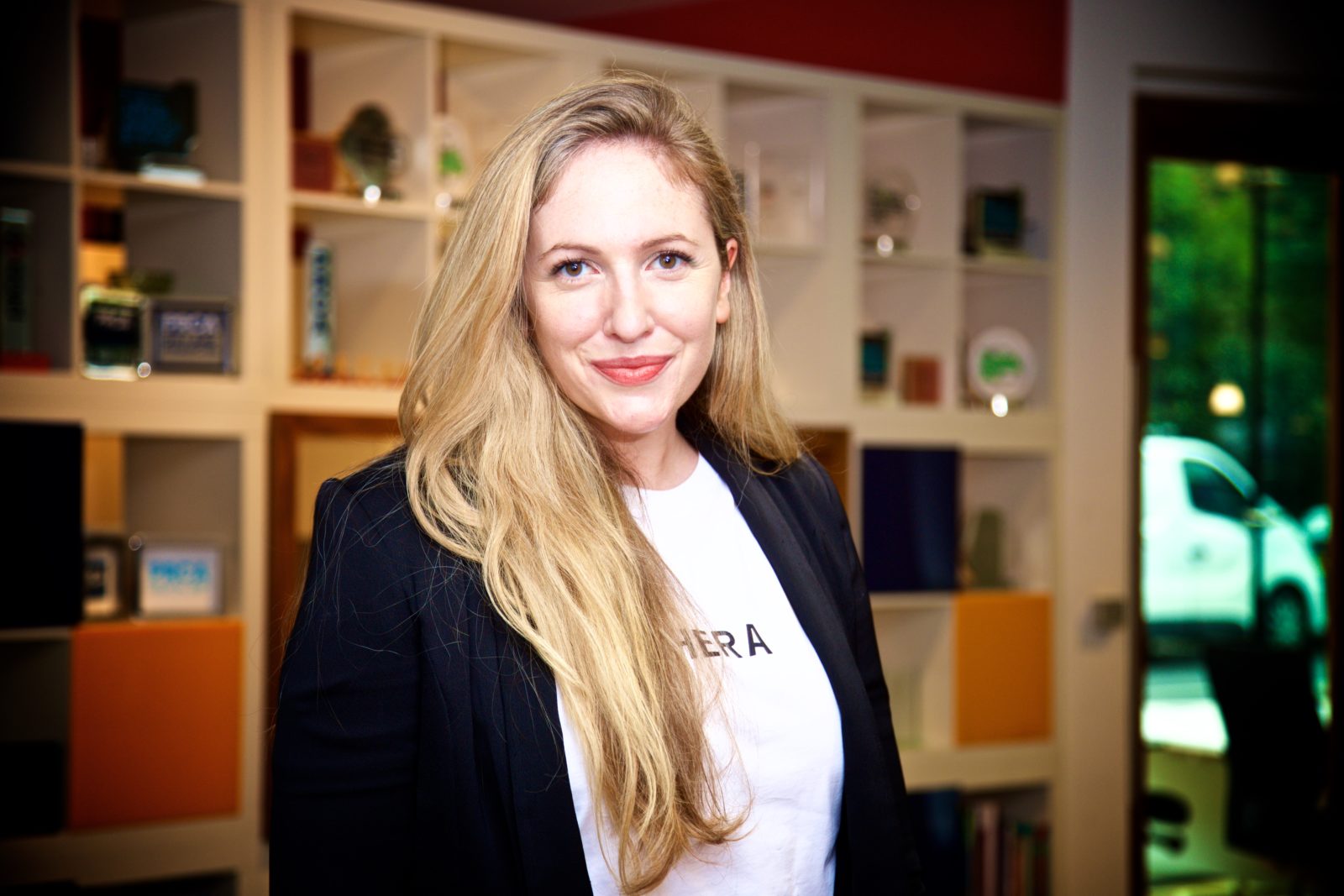‘Misogynistic’ and ‘Sexist’ – The Gender News Gap Emerges
Misogyny and sexism are strong words I agree, but they are also the terms used by our Shadow Chancellor to describe the recent smear campaign by the sitting Government and a national newspaper, AND how the CEO of a FTSE 100 business described her treatment by shareholders at their latest AGM.
Sadly this type of behaviour and gender inequality will continue to be perpetuated until we change the underlying narrative. Inequality can not stand.
The Gender Pay Gap, the Gender Say Gap and now the Gender News Gap all exist, and ALL need to be reduced and eventually eradicated.
As President of Women in PR, I recently had the privilege of sitting on a panel with Claire Mason, the CEO and Founder of Man Bites Dog, to discuss a previously unexplored and seriously concerning gender bias in our media – the Gender News Gap.
I was first introduced to Claire four years ago when, heavily pregnant, I chaired a panel where she had coined and researched another equality issue, the Gender Say Gap. By identifying a significant lack of female expert media spokespeople and speakers at events and conferences, Man Bites Dog shone a spotlight on the issue and shamed many a event organiser into changing the way they operate. At Women in PR, we held an interactive event on the issue, which launched our own female speakers directory (always available on our website), and also included some RADA training on public speaking.
Now, working alongside Women in Journalism, Claire is back with a major study on gender inequality in UK journalism and media, and I was more than happy to be her sidekick yet again. The research, which surveyed the opinions of 1,200 UK journalists, lifts the lid on gender diversity in journalism and its impact on female journalists, the media and society more broadly.
This particular gender imbalance has a significant impact on business, editorial and content decisions, affecting which stories are told and who tells them. And we all know the impact that contact has on the all important reader/viewer/listener.
It was comforting that 96% of the journalists surveyed believe the media has a duty to reflect the diversity of the society it serves. However, the research also reveals that fewer than one in five (19%) female journalists believe that there is adequate gender diversity in journalism.
The work also explored the challenges of career progression for women in journalism, with 73% of journalists believing these are more difficult for women than men – a so-called “glass newsroom” – that excludes women from “high-status” journalism specialisms such as hard news, business, finance and politics.
While there is clearly no silver bullet for this or the other gender inequality gaps, identifying and discussing it is definitely a step in the right direction. The more we talk about these issues, the more likely a pathway will emerge and these behaviours will be shunned into the bygone eras to which they belong.
And so, on that note, I leave you with the top takeaways of the panel debate. If you or a colleague are interested in attending another Women in PR event this year, we have plenty coming up, so do come along.
Alessandra Almeida Jones, Director of Global Marketing and Stakeholder Engagement at law firm Baker McKenzie: “We do not have the diverse panels to put forward, so look past senior leadership. Look at other layers within organisations where there will be more diverse voices.”
Anna Geffert, MD at HERA Communications Strategies and President of Women in PR: “Be conformable outside your comfort zone. Make sure that you are doing more things that make you uncomfortable, as that will allow you to help your client through empathy, and make the changes that are needed.”
Inga Thordar, freelance journalist and former Executive Editor and Director of CNN: “Don’t be afraid of other people’s discomfort. Make sure that you are calling out things that you believe are not right. Don’t be afraid to make people nonconformable about things that are unacceptable.”




